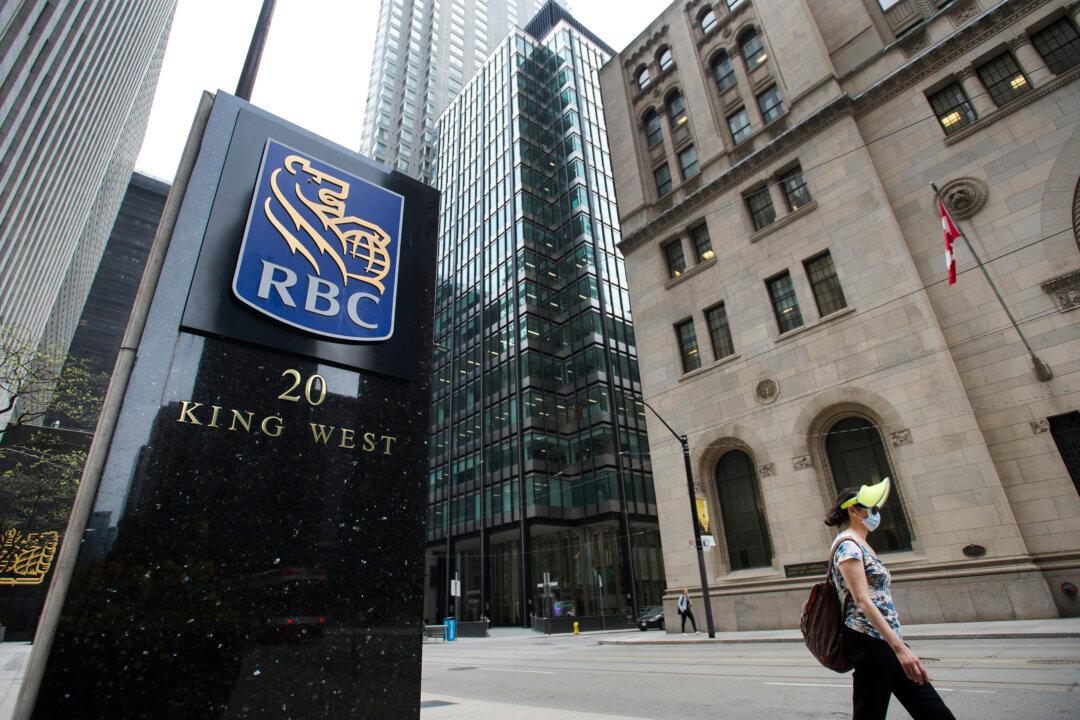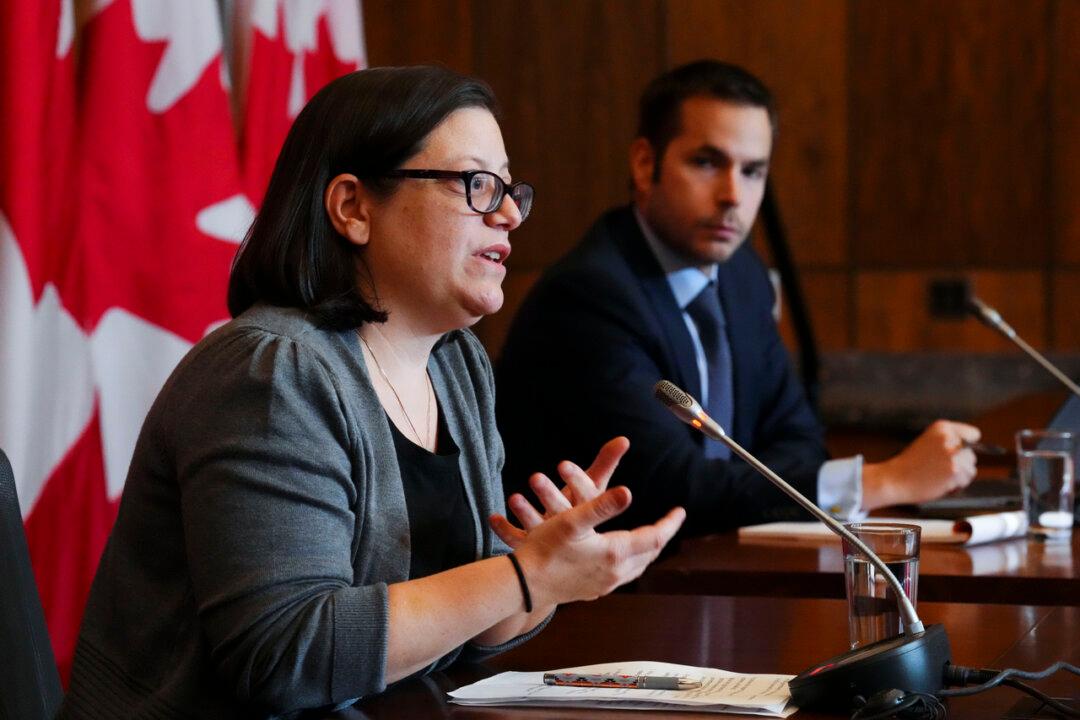The Royal Bank of Canada (RBC) has changed its forecast, predicting an upcoming recession will arrive sooner than expected.
While some say it will be mild and others say it will be full-blown, many economists say that a recession—which is usually defined as two quarterly periods of negative economic growth—is on the horizon for 2023.





